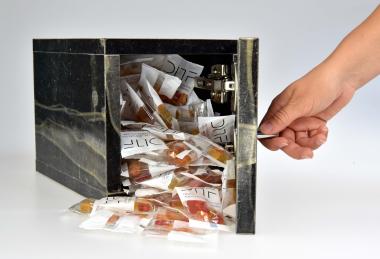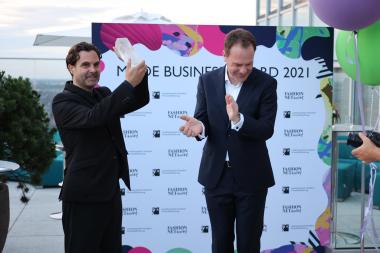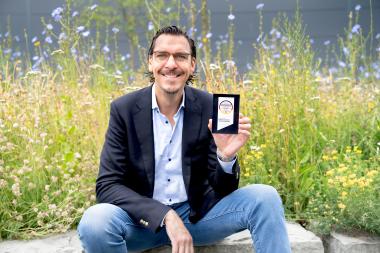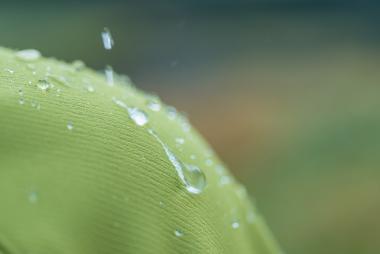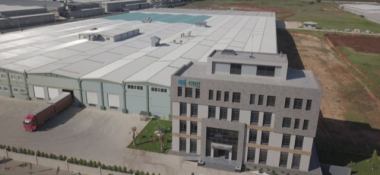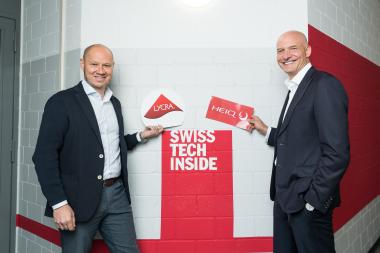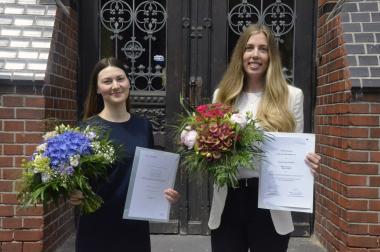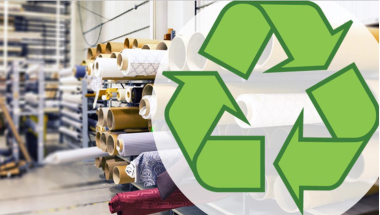DITF: Möbel aus der Biogasanlage
Die Hallertau ist Deutschlands größtes Hopfenanbaugebiet. Bei der Ernte bleiben Hopfenrebenhäcksel übrig, die vor Ort in einer Biogasanlage zu umweltfreundlichem Bioerdgas umgewandelt werden. Aber das ist noch nicht das Ende der Verwertungskette dieser Faserpflanze. Aus den pflanzenhaltigen Gärresten haben Forscherinnen und Forscher an den Deutschen Instituten für Textil- und Faserforschung Denkendorf (DITF) einen Verbundwerkstoff hergestellt, aus dem sich Möbel herstellen lassen.
Schichtstoffe sind in der Möbelindustrie sehr gefragt, da sie sehr flexibel gestaltet werden können. Der an den DITF mit seinen Projektpartnern entwickelte Verbundwerkstoff aus Gärresten ist eine besonders nachhaltige Variante. Um ihn herzustellen, werden diese pflanzenhaltigen Reststoffe zunächst umweltschonend gereinigt. Aus dieser Masse haben die DITF mit der Hochschule Reutlingen ein Nassvlies entwickelt, das zusammen mit einem biobasierten Harzsystem zu einem Verbundwerkstoff gepresst wird. Er ist belastbar und kann vielseitig verarbeitet werden.
Das Forschungsprojekt wurde im Rahmen des Zentralen Innovationsprogrammes Mittelstand (ZIM) gefördert.
DITF Deutsche Institute für Textil- und Faserforschung Nachhaltigkeit Fasern Möbelindustrie Wertschöpfungskette
DITF


